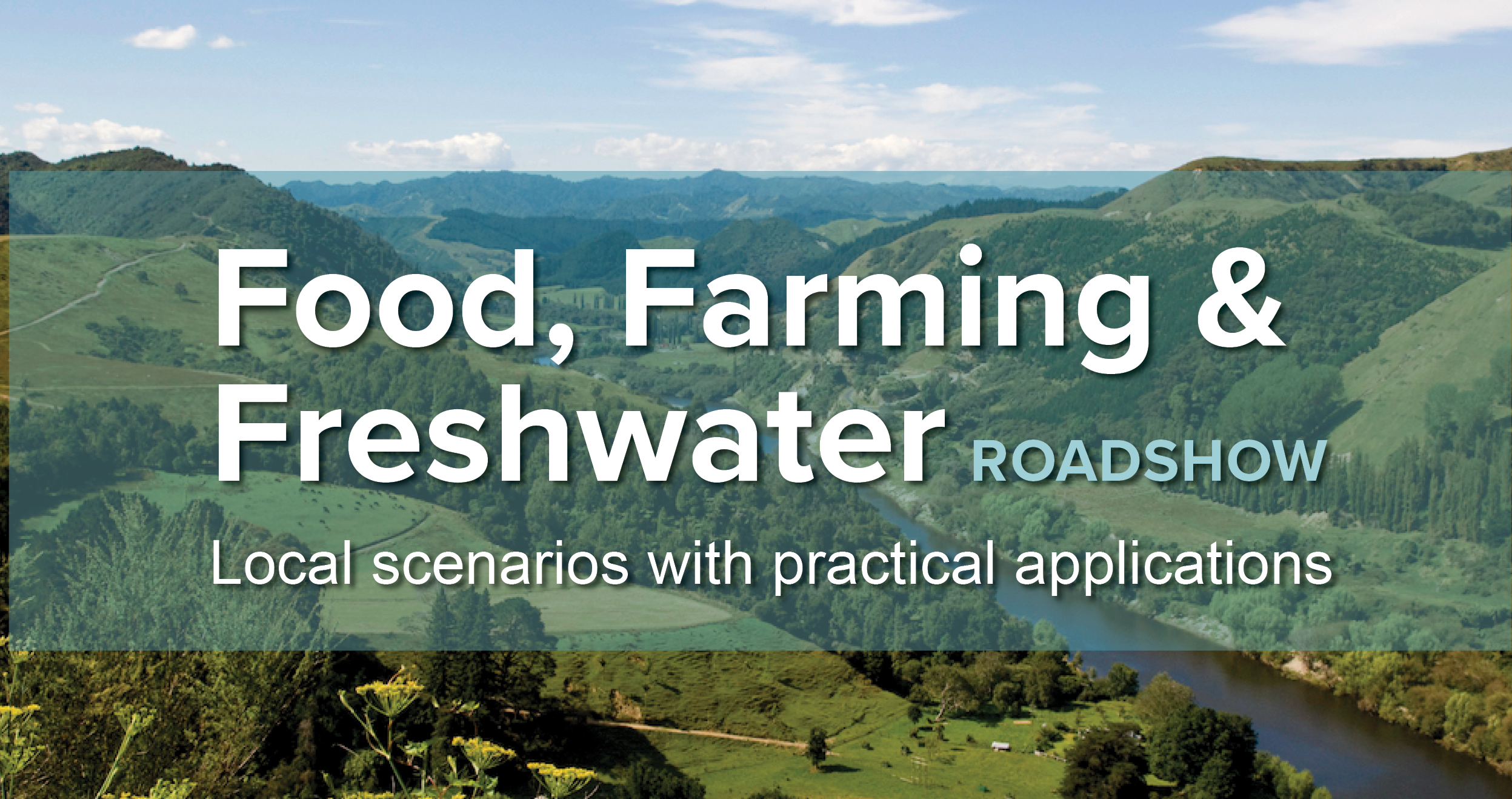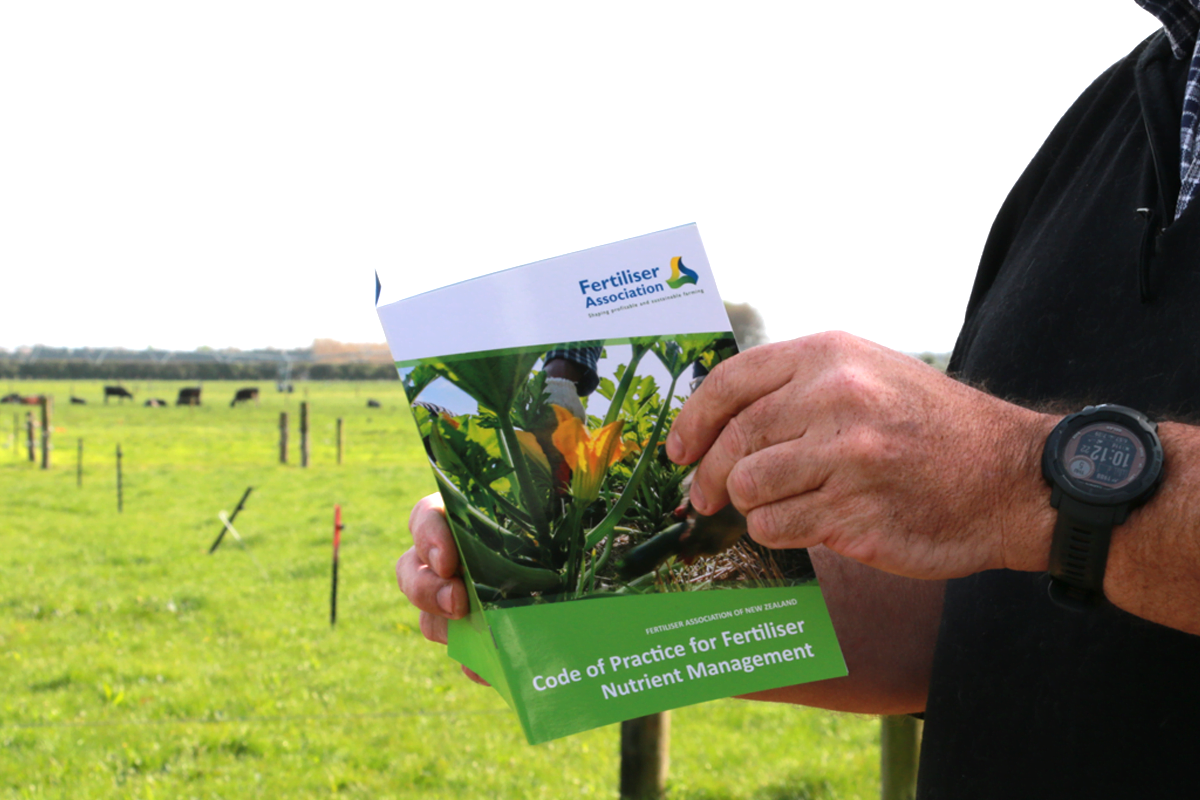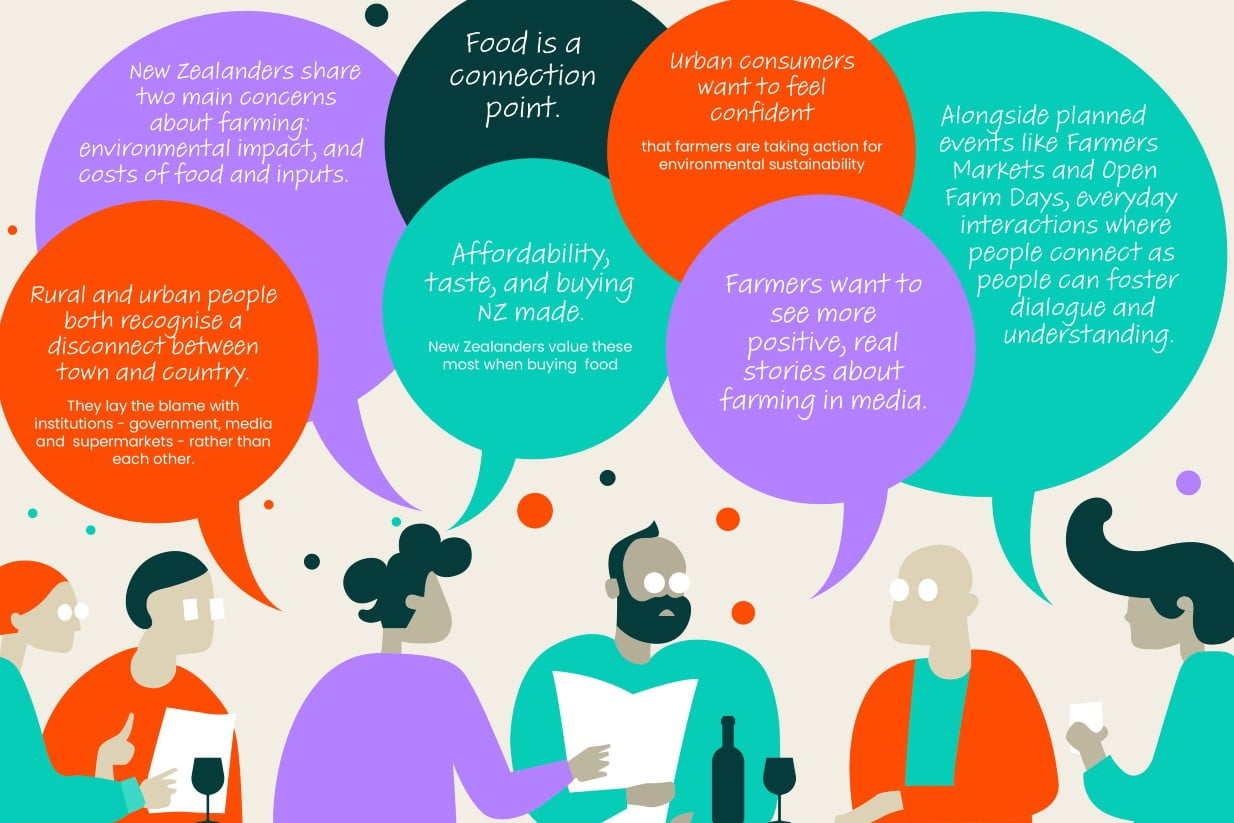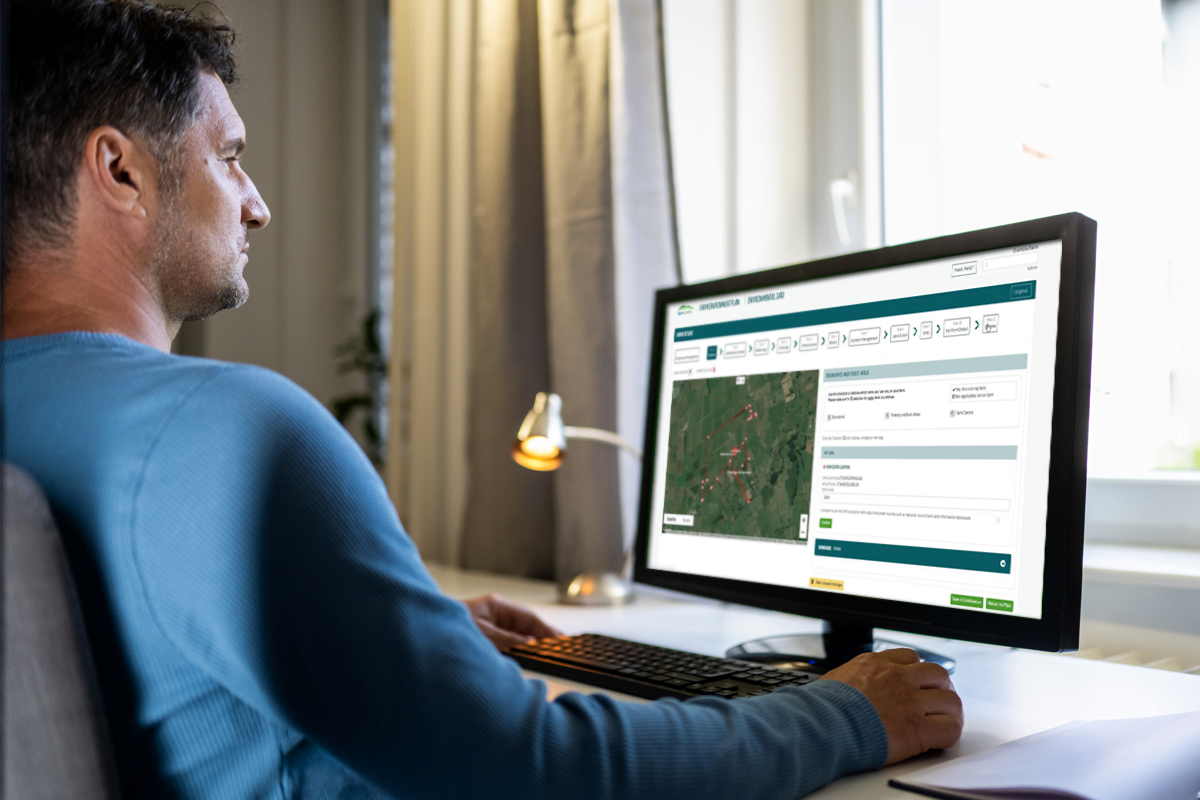Can Indicators of Sustainable Land Use in NZ and the EU Be Compared?
Sustainability indicators can assess and monitor agricultural systems, but developing them through a transparent process is key to their success.
Sustainability indicators are well-recognised for their potential to assess and monitor agricultural systems. A large number of indicators are used in various sustainability assessment frameworks, which raises questions about their validity and usefulness to international consumers and New Zealand producers.
An Indicators Working Group formed by the Our Land and Water National Science Challenge has found that the process by which indicators and sustainability frameworks are established may be as important a determinant of their success as the final shape of the assessment tools. A transparent process is especially important when comparing different indicators, farming systems and jurisdictions, and such comparisons can be made without disadvantaging New Zealand producers.
The Indicators Working Group, chaired by Vicki Compton of MBIE and led by Dr Bill Kaye-Blake of Pricewaterhouse Coopers, was established to survey and identify criteria for robust indicators of sustainable land use and management across jurisdictions (as part of an OECD research network).
Two international expert groups ranked the relative importance of 11 criteria for selecting individual indicators and of 9 criteria for balancing a collective set of indicators. Both ranking surveys revealed a lack of expert consensus about how best to measure agricultural sustainability, indicating the need for a radical rethink about how sustainability assessments are used alongside stakeholder viewpoints.
Subsequent research indicated that consensus could be reached by quantifying against easily available statistics and comparing situations where stakeholders were able to form a view as to whether an indicator was sustainable or not. Categorising stakeholders should allow for similar groups to be compared across jurisdictions.
This work has resulted in co-funding and collaboration with the OECD and European Union (EUR 1M) and an exchange of staff with the EU, and is building relevant capability in New Zealand.
The Indicators Working Group also collaborated with stakeholders to determine appropriate indicators for New Zealand to meet the UN Sustainability Development Goals (UNSDG). The group set a list of targets (and likely indicators) for New Zealand to meet the UNSDG. The data needed to define New Zealand farming systems by targets were collated and translated into equivalent European farming systems, allowing both jurisdictions to be fairly compared.
—
For more on this research, see:
- Targets for sustainable and resilient agriculture (TSARA): a New Zealand perspective, November 2017
- Co-innovation leads to high impact indicators think piece, September 2016
- When experts disagree: the need to rethink indicator selection for assessing sustainability of agriculture in Environment, Development and Sustainability, May 2016
Author
 View Our Strategy Document 2019 – 2024
View Our Strategy Document 2019 – 2024




Leave a Reply